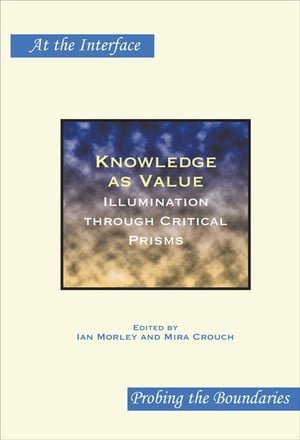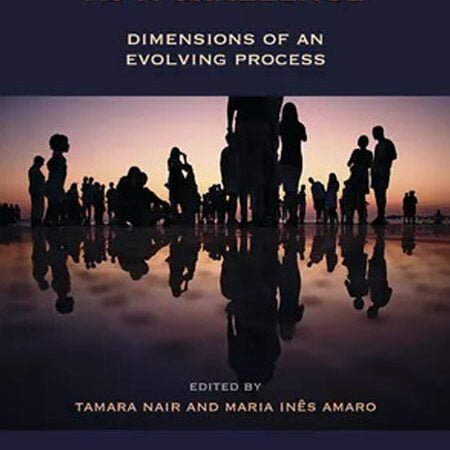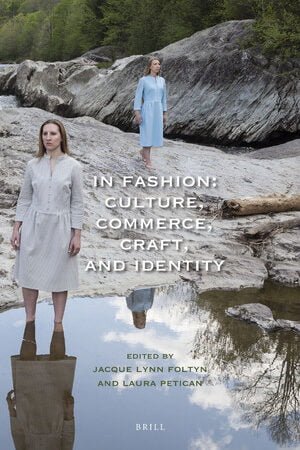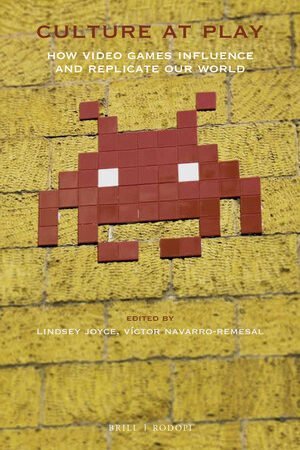Knowledge as Value
£27.50
Illumination through Critical Prisms
Series: At the Interface / Probing the Boundaries, Volume: 48
Volume Editors: Ian Morley and Mira Crouch
This book considers the place and value of knowledge in contemporary society. “Knowledge” is not a self-evident concept: both its denotations and connotations are historically situated. Since the Enlightenment, knowledge has been a matter of discovery through effort, and “knowledge for its own sake” a taken-for-granted ideal underwriting progressive education as a process which not only taught “for” and “about” something, but also ennobled the soul. While this ideal has not been explicitly rejected, in recent decades there has been a tacit move away from a strong emphasis on its centrality, even in Higher Education. The authors address the values that inform knowledge production in its present forms, and seek to identify social and cultural factors that support these values.
Against the background of increasingly restrictive conditions of academic work, the first section of this volume offers incisive critiques of Higher Education, with examples drawn from Australia and New Zealand. The second group of chapters considers how academics have viewed, and have tried to adapt to, present circumstances. The third section comprises papers that consider epistemological issues in the generation and promulgation of knowledge. The chapters in this volume are indicative of the work that needs to be done so that we can come to comprehend – and perhaps try and improve – our relationship to learning and knowledge in the 21st Century.
This timely book will be of particular interest to workers in higher education; it should also inform and challenge all those who have concerns for the future of the intellectual life of our civilization.
Copyright Year: 2008
Availability: Published
ISBN: 978-94-012-0614-3
Publication Date: 01 Jan 2008
Availability: Published
ISBN: 978-90-420-2438-0
Publication Date: 01 Jan 2008
Sold out!
Description of the book
You May Also Like
Related Products
-
Sold out!

Citizenship as a Challenge
£18.50 Read more -
Sold out!

In Fashion: Culture, Commerce, Craft, and Identity
£18.50 Read more -

Ulendo – Claude’s African Journey into War and Passion
£19.95 Add to basket -
Sold out!

Culture at Play: How Video Games Influence and Replicate Our World
£18.50 Read more -
Sold out!

Evil Women: Representations within Literature, Culture and Film
£18.50 Read more -
Sold out!

Tracing Behind the Image
£18.50 Read more
You May Also Like
Related Products
-
Sold out!

In Fashion: Culture, Commerce, Craft, and Identity
£18.50 Read more -
Sold out!

Tracing Behind the Image
£18.50 Read more -
Sold out!

Citizenship as a Challenge
£18.50 Read more -
Sold out!

Evil Women: Representations within Literature, Culture and Film
£18.50 Read more -

Ulendo – Claude’s African Journey into War and Passion
£19.95 Add to basket -
Sold out!

Culture at Play: How Video Games Influence and Replicate Our World
£18.50 Read more







